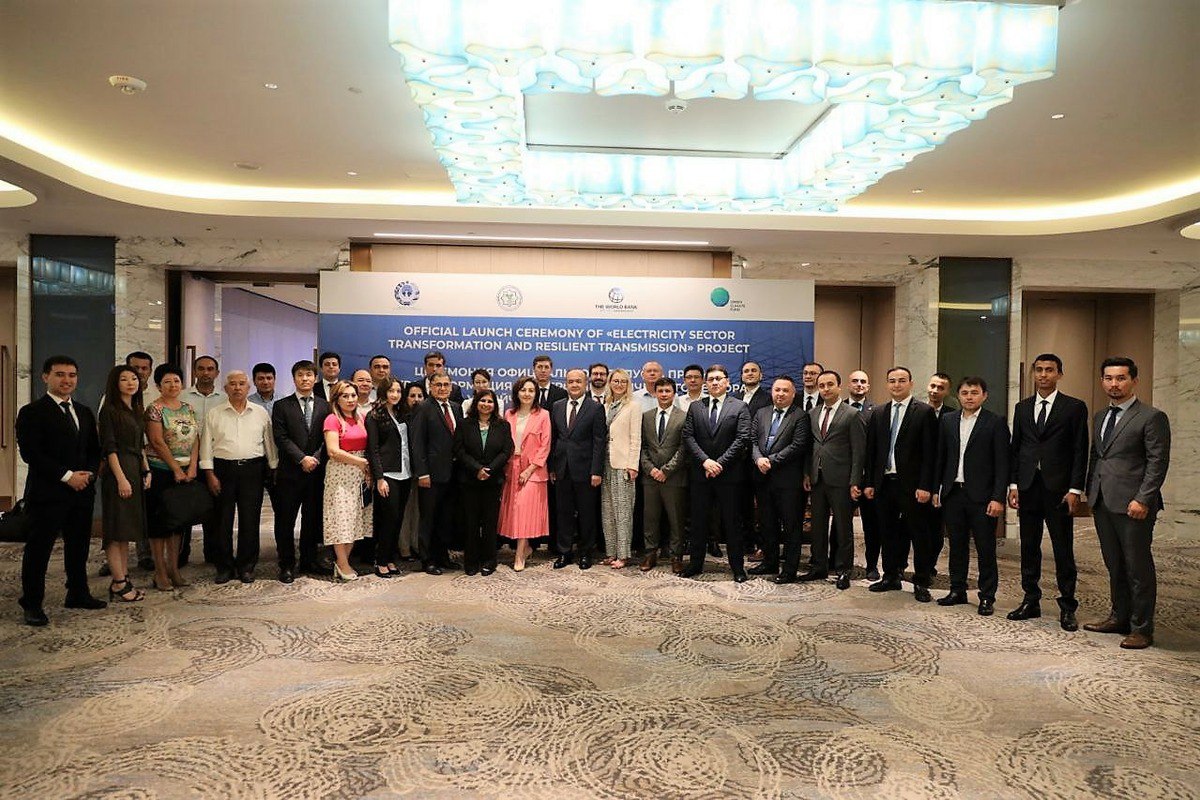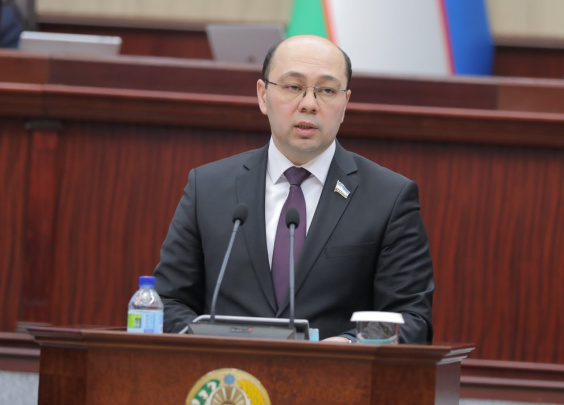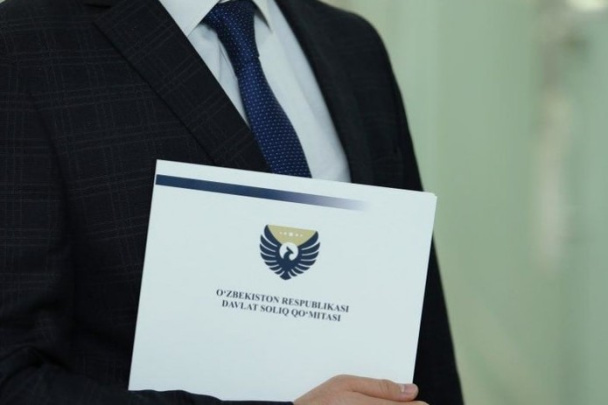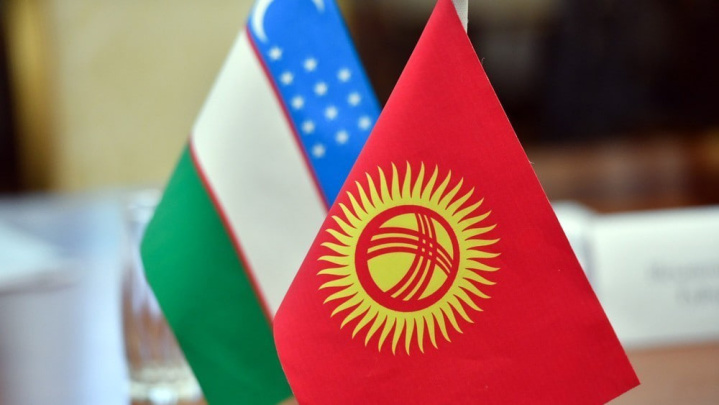The World Bank will support the modernization of Uzbekistan’s power grids.
On July 15, the World Bank launched a joint project with the National Power Grids of Uzbekistan to transform the power industry of the republic. As part of the initiative, the operator will receive financial resources to upgrade the infrastructure.
Reportedly, due to the obsolescence of power lines and substations, up to 20% of the generated energy is lost. The implementation of the project will create conditions for a stable supply of electricity to the population and businesses.
The International Development Association from the WB group will allocate $380 million for the project. The Green Climate Fund (GCF) will provide an additional $43 million on a loan and $4 million on a grant basis.
Credit for Uzbekistan will be provided at low-interest rates for up to 40 years. The project was approved by the WB Board of Executive Directors in the summer of 2021.
It is planned to reconstruct, upgrade and expand 22 high-voltage substations, as well as power lines in 11 regions, using the allocated funds. A new 500 kV substation will be additionally built.
In addition, technologies for digital monitoring and control of power grids will be introduced. A new Supervisory Control and Data Acquisition (SCADA) complex will be developed.
The project will increase the supply of “green” energy to the power grid. 1,500 MW of renewable energy capacities will be connected to the system, which will stimulate additional investments in the sector.
The operating company will also undergo a transformation within the framework of the project. The project provides for the improvement of corporate planning, management and decision-making, as well as the cybersecurity of the NPGU.
The project will be implemented as part of the partnership framework program until 2026. The transition to a “green” economy is one of its priority areas, said Marco Mantovanelli, head of the WB office in Uzbekistan.






